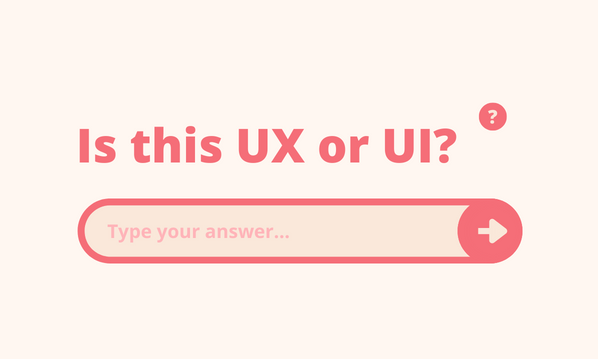With technology changing at such a rapid pace, it’s now not enough for a business just to have a website, it also needs to be mobile responsive – but what does that actually mean?
A simple definition is:
‘your website layout changes to adapt or respond to the device it is being displayed on’
There are 2 main ways of achieving this:
- A Bespoke Mobile Version (usually identifiable by at the start of to the website domain URL)
- Responsive Web Design Software which detects and adapts to each type of device automatically
There are pros & cons for each option, but ultimately, unless a visitor experiences technical issues when viewing your website, they won’t actually care which method you choose to deliver your content as long as it loads quickly, is visually appealing and easy to navigate.
The underlying message is that your website should be responsive and here are a few of the reasons why:
User Experience
Have you visited a non-responsive website via a mobile device lately? If you have, you will probably already know how frustrating the experience can be. Basic usability can be severely restricted – text tends be tiny, you have to use scroll bars to see all of the content and in some cases certain images will not display properly, and forms may not work.
In a lot of cases, an experience like this will result in your visitor leaving your site very quickly – an action that could definitely be affecting your bottom line!
Search Engine Optimisation
When a visitor arrives and leaves your website without looking at a different page from the one they arrived on, it is called a ‘bounce’. Bounce rate is one of the algorithm signals Google uses to rank your site when delivering results to searchers.
The longer a visitor spends on your website the more Google deems it to be ‘quality content’.
The technology behind responsive websites, if applied correctly, leads to faster page load times for mobile devices – another algorithm signal used for ranking purposes.
Finally in terms of SEO, Google has made it very clear that it prefers responsive design websites.
The Statistics
The statistics clearly paint the picture – smartphone and tablet browsing is here to stay. The mobile market is rapidly expanding:
- 85% of UK smartphone users have searched for local information, with 81 per cent of these then taking action as a result. (Source: hibu)
- In Q3 2014, mobile commerce spending was up 17% year over year (Source: Factbrowser)
- There are 183 million smartphone users in Europe, 35m of these are in the UK, which represents 55% of the UK population. (Source: The Centre For Retail Research)
- Online sales via mobiles are predicted to grow by 62% in 2014, which is the equivalent to 17.6% of the total UK online retail sales. (Source: The Centre For Retail Research)
Your Own Figures
If you are using Google Analytics, you can review your own websites statistics and find out how many of your visitors are using a mobile device to view your site. In the left sidebar select Audience, Mobile and then Overview. The figures will also show you the bounce rate, the number of pages per session and the average session length.
If the combined mobile & tablet visitor percentage is greater than 10% and you don’t have a mobile responsive website – you need to take a serious look at your target audience and test out the functionality of your websites yourself across different devices. How did you find it? Are you unknowingly losing visitors and potential revenue?






